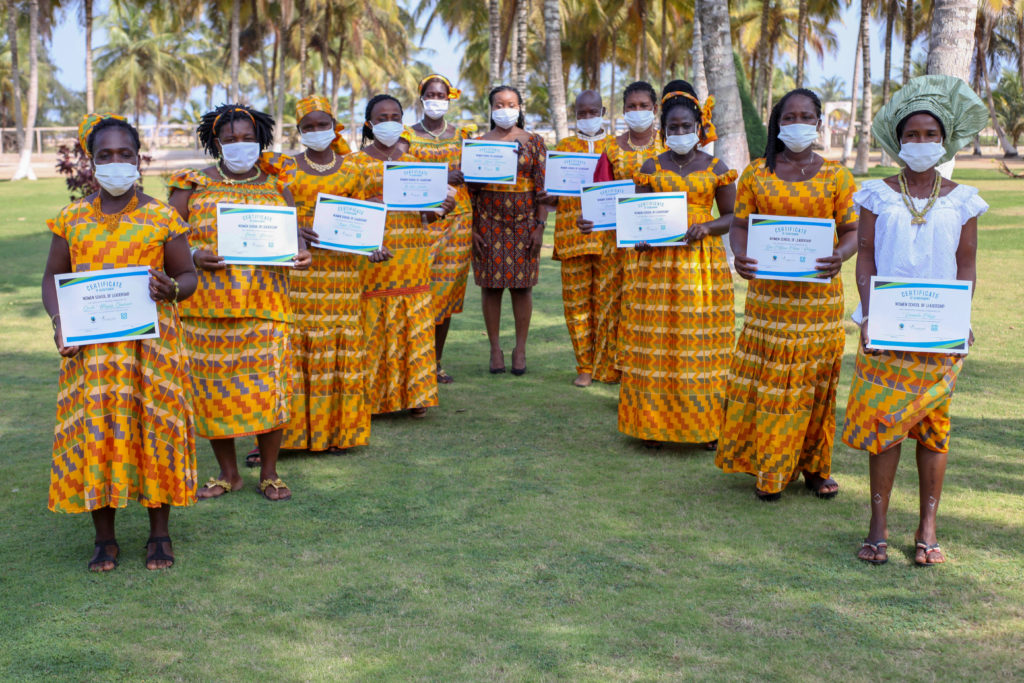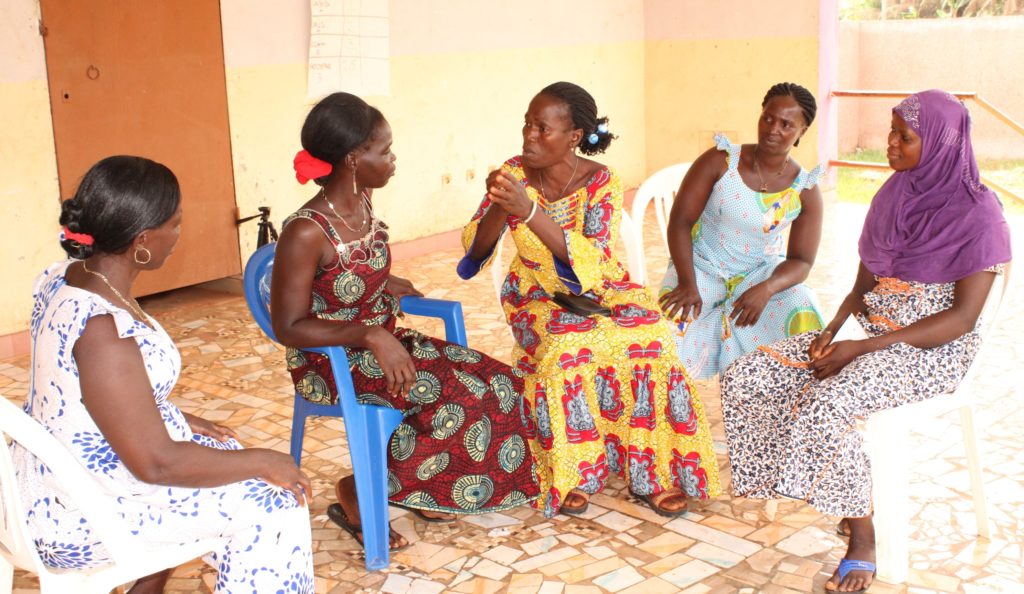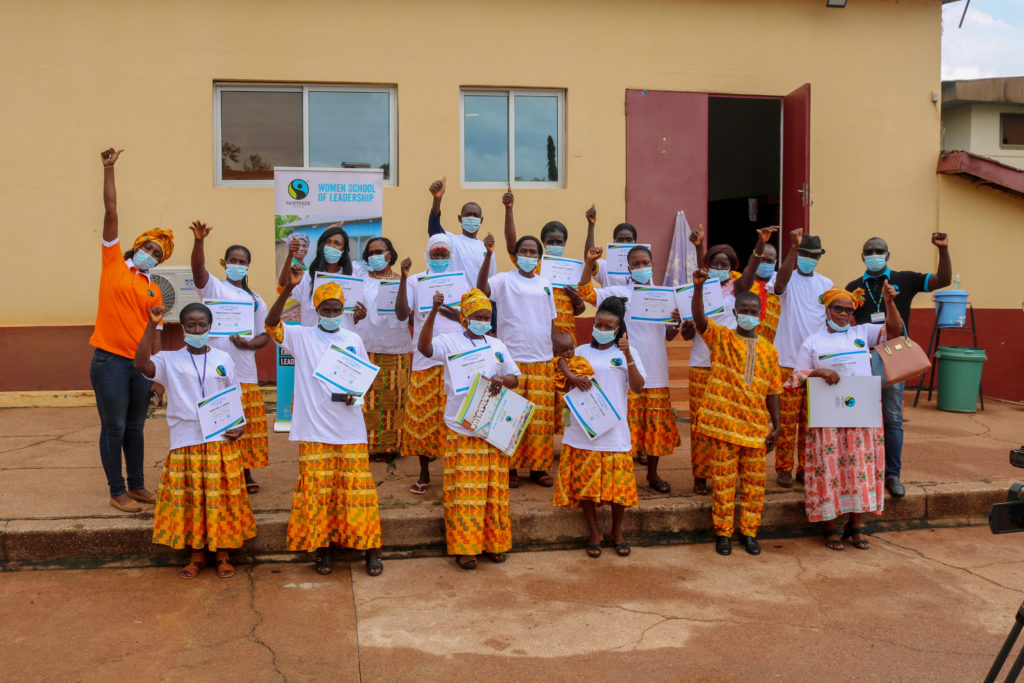On this International Women’s Day 2022, Fairtrade is recognising the work done by women to make our supply chains better than the rest.
With Fairtrade, we know that there are systems in place to encourage female participation, decision making and empowerment in developing countries. As well as making sure the women farmers get paid fairly and are given a voice, they have specialised programs to encourage leadership by women.
Why is this so important? Because it has big consequences.
We know that women do more work for less pay – the world over – but in developing countries the impact of this is magnified. In those countries, research shows that if women don’t get paid then the whole household suffers. More money for women means they can choose to spend money on things that support their children and the household. This then improves the chances of their family achieving health and prosperity.*
And educating girls is key too. Healthy, educated girls with access to opportunities can become women who take on leadership roles in their countries and develop policies that empower women.
WOMEN’S SCHOOL OF LEADERSHIP IN COTE D’IVOIRE

Did you know, most of the chocolate you and I eat comes from West Africa? The Ivory Coast alone (Cote d’Ivoire) accounts for more than 40% of the cocoa produced worldwide. But life for cocoa farmers, especially women in Cote d’Ivoire is tough. The average cocoa farming family member is estimated to survive off $1 US a day but for women that figure is just $0.30 a day. Despite their low wages, women make up 68% of the cocoa workforce (as owners and workers) and are essential to the sustainability of the whole Cote d’Ivoire cocoa industry.
However, women’s needs as cocoa producers there are not being met. Women receive only 10% of loans to smallholders. Women are 30 to 40% less likely than men to have access to essential agricultural inputs.
Patriarchal attitudes often exclude women from decision making, land ownership, and the all-important stage of selling the crop. Legally landless and therefore not considered “farmers”, women’s ability to join co-operatives, receive training, access finance, and improve their lives, is limited
So, it was in Cote d’Ivoire that Fairtrade first launched its Women’s School of Leadership in 2017. In December 2021, the third cohort of the school graduated bringing the total number of graduates to 122 women and men to date. The same concept has now been rolled out in El Salvador, Kenya, Kazakhstan and India. And just in the last month it’s been launched in our region – in Timor Leste.
Run by Fairtrade Africa, The Women’s School of Leadership (WSOL) in Cote d’Ivoire teaches confidence, money management, sustainable farming practices – and gender rights.
From the very beginning, the lessons learnt by participants have been applied in some amazing ways, often to generate new sources of income. For example, two school canteens using the food crops grown by a women’s association have been set up, providing more than 100 primary schoolkids with lunch. Seven cassava farms grown by a women’s association helped to feed communities during tough COVID-19 times. Often the side enterprises by women supplement incomes and protect families against wildly volatile cocoa price. This, in turn, means the children are more likely to go to school.

Female graduates say it has been life changing, while male students say they are listening to their wives, sharing chores and becoming gender ambassadors.
Women’s School of Leadership graduate, Salimata Diakite, lives in Dramanekro village. She says that being a female cocoa farmer in the Ivory Coast is hard.
“Women do everything, right until the cocoa dries. But the men take the cocoa, sell it, and are never accountable towards women.”
“I spend a lot of time talking to young girls,” she says. “I tell them ‘don’t be diminished by a man’. I meet opposition [in the community] but we talk and I succeed in convincing people. I tell them that empowering women helps everyone.”
Single mother and WSOL graduate, Ehui Edith Laure Kouamé, has used what she learnt to help members of her community. As well as supplementing her income by growing vegetable, selling peanut butter and running a taxi business, Edith also helps other women access agricultural training through a Fairtrade farm school that she hosts on her own plot.
She teaches participants about diversifying their incomes through planting vegetables and fruit tress which also provide shade for the cacao trees which helps them retain moisture and become more sustainable in the long term.
“Before I used to hide myself and cry because I could not buy what I needed,” says Edith. “But having diversified I feel financially safe and can better deal with volatile cacao prices.”

Images show participants in 2nd cohort of Women‘s School of Leadership in Cote d’Ivoire. Graduation July 2020, virtually and in person (due to COVID-19).
Choose FAIR
See, when women are empowered, the whole society benefits – less poverty, more food, more education. These are the essential elements to a fairer world. A world we want to be part of. Thank you for helping make this future a reality.
Get involved in our International Women’s Day campaign and find out more.
* https://www.kcl.ac.uk/news/women-are-the-key-to-economic-development-in-third-world-countries
**https://blogs.worldbank.org/nasikiliza/how-empowering-women-can-help-end-poverty-africa
*** https://www.unwomen.org/en/news/in-focus/commission-on-the-status-of-women-2012/facts-and-figures

